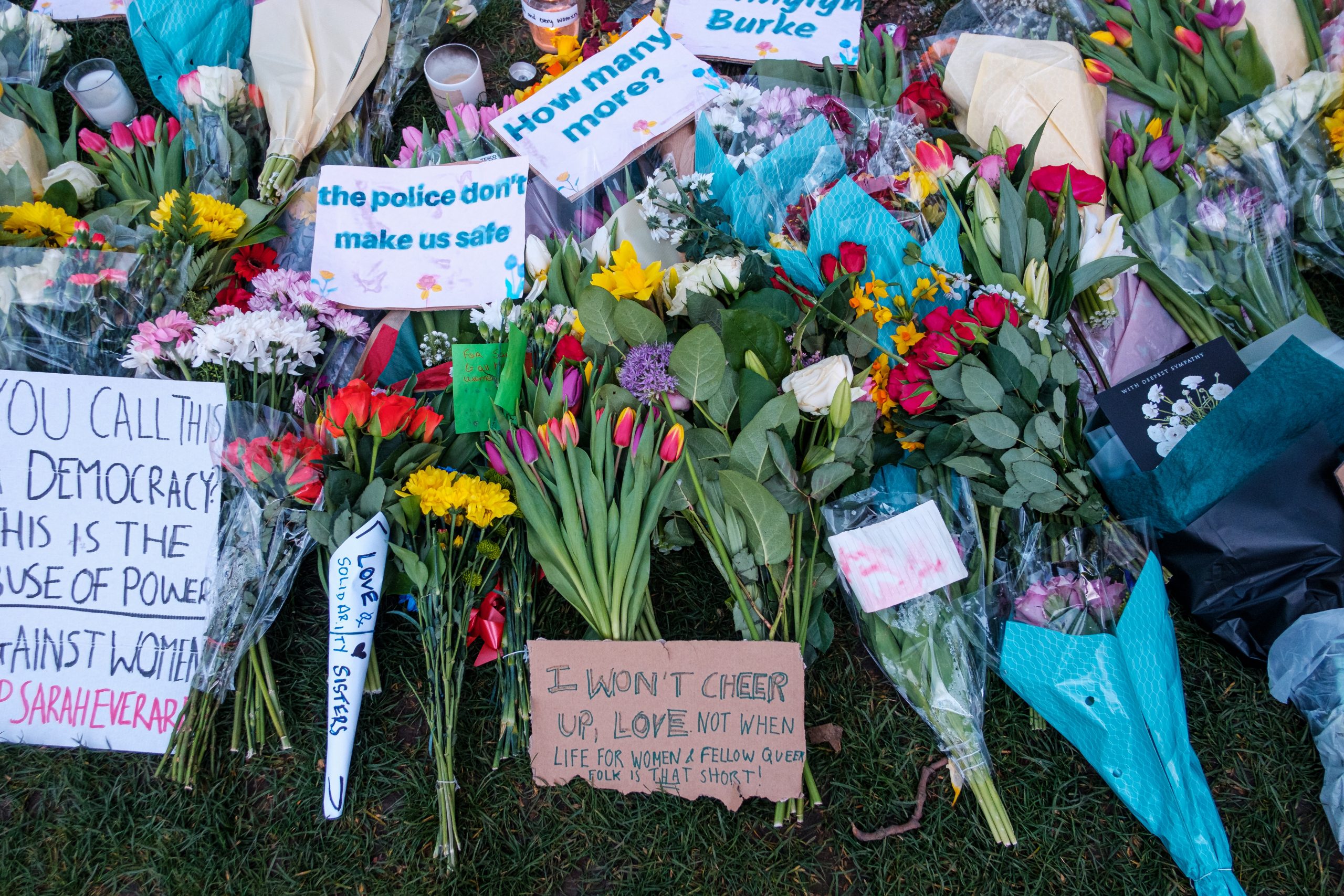 19 Mar
19 Mar
Baroness Casey has today (17th October 2022) published an interim report as part of her review of standards and internal culture at the Met Police.
The review was commissioned as part of the force’s response to public outrage following the kidnap, rape and murder of Sarah Everard by a serving Metropolitan Police officer.
Today’s interim report focuses on the current system for handling misconduct in the Metropolitan Police Service, identifying a number of key issues including:
- The huge length of time it takes to resolve misconduct cases (on average it takes 400 days to finalise misconduct allegations from start to finish).
- Officers with repeated patterns of unacceptable behaviour are often not identified or disciplined. Between 2013 and 2022, 1 in 5 officers and staff in the misconduct system have been involved in two or more cases, but the data shows that less than 1% of those officers have been dismissed.
- There is a lack of clarity within the Metropolitan Police regarding what even constitutes ‘gross misconduct’.
- There is racial disparity in the misconduct system. Black and Asian officers are over 120% more likely to be subject to be removed during the probationary period.
EVAW is seriously concerned that allegations relating to sexual misconduct and other discriminatory behaviours are less likely than other misconduct allegations to result in a ‘case to answer’ decision.
This revelation follows the police complaints body’s Operation Hotton findings, which uncovered a culture of ‘toxic masculinity’, sexual harassment and misogyny in a London police force.
The End Violence Against Women Coalition is clear that the murder of Sarah Everard by a serving police officer as well as wider issues including police misconduct relating to the murders of Bibaa Henry and Nicole Smallman are not isolated incidents. They are the product of a police culture that is deeply and systemically misogynist and racist.
Today’s report found there are often no meaningful consequences for police failures and misconduct, to the extent that the majority (55-60%) of misconduct allegations made by Met officers, staff and their families receive a ‘no case to answer’ decision.
Baroness Casey also found that line managers and supervisors are warning staff against taking misconduct action, highlighting the ways the force both enables and empowers officers to abuse their power with impunity.
Baroness Casey’s full report, reflecting more widely on the Met’s overall culture and standards, is expected at the end of this year. We are also still awaiting the publication of the Angiolini Review, also commissioned by the Home Secretary following the murder of Sarah Everard.
Deniz Uğur, Deputy Director of the End Violence Against Women Coalition (EVAW), said:
“Today’s report comprises only the first part of Baroness Casey’s review, and yet its findings are deeply troubling. It provides yet more evidence of a police force that urgently needs root and branch reform.
This report is only one part of an endless stream of evidence that the Met’s culture enables misogyny and racism at all levels. Yet we’re still hearing police leaders, including the new Met Commissioner, talk about dealing with individual corrupt officers. But these are not isolated cases of ‘a few bad apples’. The Commissioner must acknowledge this or work to build public trust will fail.
Instead of hiring more officers to tackle ‘corruption’, we need to hear how they will tackle transforming internal standards and the culture of policing which is having a devastating impact on women and communities.
Core processes around vetting, ethics, standards and training are inconsistent and need to be overhauled and consistently applied. There must be greater external scrutiny of internal misconduct processes, as well as greater accountability for victims and their families. Failing to address misconduct puts women and girls at risk.
Most alarming is that these revelations are taking place in a context where ever more powers are being handed to the police – within the widely denounced Policing Act, as well as proposals in the Public Order Bill and government plans to scrap the Human Rights Act – meaning women’s ability to seek justice and accountability for failings will be seriously curtailed.”
ENDS
Media contact
Sinead Geoghegan, Communications Manager, media@evaw.org.uk 07960 744 502
Recommended ARTICLES
 19 Mar
19 Mar
 05 Mar
05 Mar
 27 Feb
27 Feb

